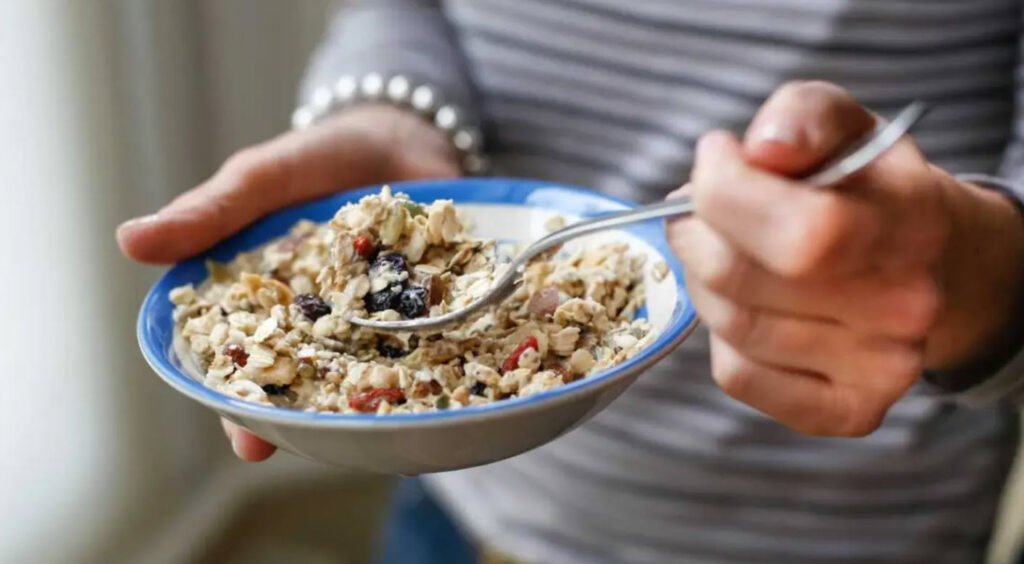
The old saying “you are what you eat” holds a lot of truth, especially when it comes to brain health. A well-balanced diet is essential for maintaining cognitive function and overall mental well-being. Among the many dietary components that can benefit your brain, whole grains stand out as nutritional powerhouses.
These grains are not only rich in essential nutrients but also provide a steady source of energy to fuel your brain throughout the day.
Let’s take a closer look at 12 whole grains that can contribute to better brain health.
- Whole Oats
- Quinoa
- Brown Rice
- Wild Rice
- Millet
- Farro
- Amaranth
- Bulgur
- Buckwheat
- Rye
- Spelt
- Barley
1. Whole Oats
Oats are a fantastic source of complex carbohydrates and fiber. They release energy slowly, helping to keep your blood sugar levels stable. This means your brain gets a consistent supply of glucose, its primary source of fuel.
2. Quinoa
Quinoa is a complete protein, meaning it contains all nine essential amino acids. It’s also a great source of B vitamins, which are vital for brain function and mental clarity.
3. Brown Rice
Brown rice is rich in fiber and essential nutrients. It provides a steady supply of energy and helps maintain healthy blood vessels, ensuring your brain gets the oxygen and nutrients it needs.
4. Wild Rice
Wild rice is a great source of antioxidants, which help protect your brain from oxidative stress. It’s also packed with fiber, aiding in digestion and overall health.
5. Millet
Millet is a gluten-free grain that’s rich in magnesium, a mineral known for its role in maintaining healthy brain function. It can help relax blood vessels, promoting good blood flow to the brain.
6. Farro
Farro is high in complex carbohydrates, fiber, and protein. It provides a steady release of energy and is a great source of vitamins and minerals essential for brain health.
7. Amaranth
Amaranth is a gluten-free grain that’s particularly rich in iron and magnesium. Iron ensures proper oxygen delivery to the brain, while magnesium helps with cognitive function.
8. Bulgur
This quick-cooking grain is rich in fiber and B vitamins. It provides a quick and easy source of energy and nutrients for your brain.
9. Buckwheat
Despite its name, buckwheat is not a type of wheat and is naturally gluten-free. It’s high in rutin, an antioxidant that supports healthy blood flow and brain function.
10. Rye
Rye is a good source of fiber, which helps regulate blood sugar levels and supports cognitive function. It’s also rich in B vitamins and magnesium.
11. Spelt
Spelt is an ancient grain with a great balance of complex carbohydrates and fiber. This combination ensures a steady energy supply for your brain.
12. Barley
Barley is high in fiber and beta-glucans, which can help lower cholesterol levels and maintain heart health. A healthy heart is vital for maintaining good blood flow to the brain.
Incorporating these whole grains into your diet can have a positive impact on your brain health. They provide a steady source of energy and are packed with nutrients like vitamins, minerals, and antioxidants that support cognitive function. Whether you enjoy them in your breakfast cereal, as a side dish, or in salads, these whole grains can be a delicious and nutritious addition to your meals.
A diet rich in these grains can contribute to better brain health, enhancing your mental clarity and overall well-being. So, make a conscious effort to include these grains in your diet and enjoy the benefits they bring to your brain and body.









This Post Has One Comment